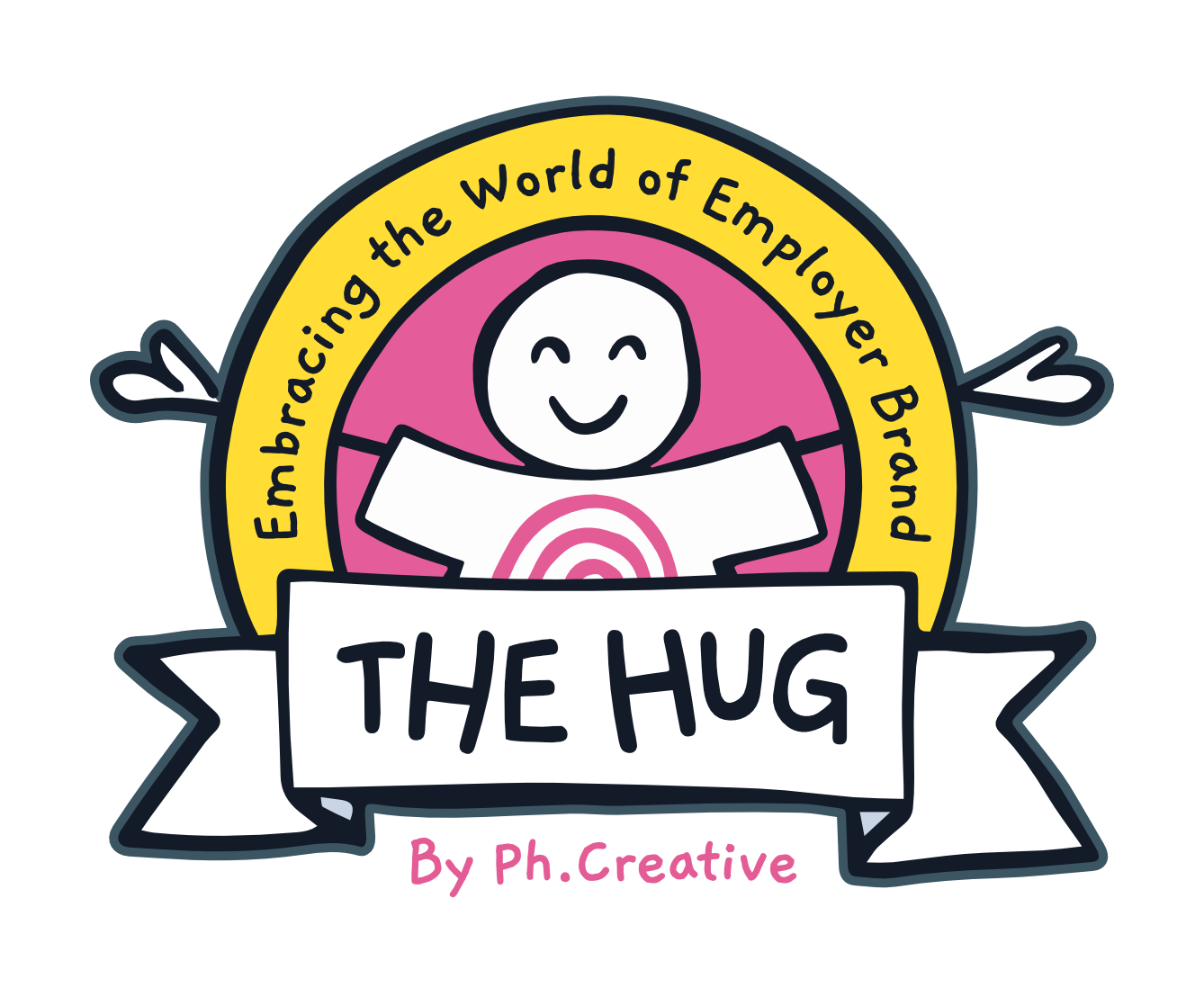4 Brand Lessons from Seth Godin in 4 minutes

Set your timer, go.
According to Seth Godin’s hit marketing book Purple Cow, the only way for brands to get through to the consumers who already have everything they need, is to stand out and be remarkable, to be a purple cow in a field of dull brown ones.
The same is true of employer brands.
In today’s fiercely competitive labour market, your talent audience has no shortage of options, and leaders are having to think harder about the unique experience their organisation can offer.
Through employer branding, you are selling your company as a place to work; you are selling an experience. But are you selling it as effectively as you could be?
In the next four minutes, you will learn four key lessons from Godin’s book that will help you create a compelling and distinctive brand that the right talent will seek out.
Lesson 1: Traditional methods are dead
Here’s the scoop, the old method of trying to attract top talent solely by bragging about your strengths and opportunities as an employer is dead.
Even so, countless companies are still spinning their wheels, competing with one another to offer the most dazzling package, complete with free M&Ms and bring your dog to work days.
Times have changed, and so have the needs of your talent audience.
Data has shown us that the emerging workforce of Gen Z and Millennials crave community and purposeful work. To capture this demographic’s affinity, you must be willing to define a fully authentic employee experience that will inspire and resonate with them.
Lesson 2: Be remarkable
Here is the new way. It is not just a theory, but a methodology, proven by some of the world’s largest organisations with significant success.
Mark out the adversity and challenges of your organisation as well as the strengths to craft a balanced value-exchange, rather than a one-way broadcast of your strengths.
Right off the bat, let candidates and employees know what they must be willing to give to get the best out of their experience. To achieve and excel.
Most organisations are not brave enough to do this because it feels risky. The idea of “give and get” goes firmly against the status quo.
But, as Godin observes, “The good news is that the prevailing wisdom makes your job even easier. Since everyone is just about petrified of the [purple] cow, you can be remarkable with even less effort.”
Lesson 3: Don’t follow the leader
I am not suggesting that understanding your market is a bad idea. It isn’t. You need to have a thorough understanding of the field you are playing in. But then you should use that information to find a totally fresh position to differentiate. Too often we see clients fighting to be viewed in the same space as their competitors.
That space is taken. If you are looking for a point of distinction that will stand out to talent (and you should be,) you won’t get there by playing copy-cat.
Godin writes: “Even if someone is listening, your offering of ‘a little bit cheaper,’ ‘a little bit better,’ or ‘a little bit easier’ is just a waste of time… they’re open to hearing your story only if it’s truly remarkable; otherwise, you’re invisible.”
Stop trying to one-up your competitors and focus in on what makes your company uniquely remarkable.
Lesson 4: Repel the many
At Ph. we have a mantra: “repel the many and compel the few.” If you truly want to create an effective and sustainable employer brand, you will have to deter a lot of people.
By designing your employer brand based around your adversities as well as your benefits, you will filter out a large group to whom your experience does not appeal. That’s okay.
And you will save countless hours and resources during the hiring process by not focussing on the wrong people.
“In almost every market, the boring slot is filled… How can you market yourself as “more bland than the leading brand?”, asks Godin. “The real growth comes with products that annoy, offend, don’t appeal, are too expensive, too cheap, too complicated, too simple – too something. (of course, they’re too too for some people, but just perfect for others.)”
Stop the clock
So, there you have it. If you are struggling to get the talent you need, it is time to let go of methods that are no longer serving your organisation. Employers that zero in on and authentically market a remarkable, purple cow employee experience will have a much easier time engaging and retaining their best people.
Want to get more out of your Employer Brand strategy? Our Sprint series has helped hundreds of professionals to develop their knowledge.

Sign up to the Sprint
Sign up to our blog

Every other Thursday we share:
✔ One feature full of our freshest insights
✔ An expert hack you'll love to use
✔ The links you need now
+ other helpful bits for thousands of EB and TA pros just like you